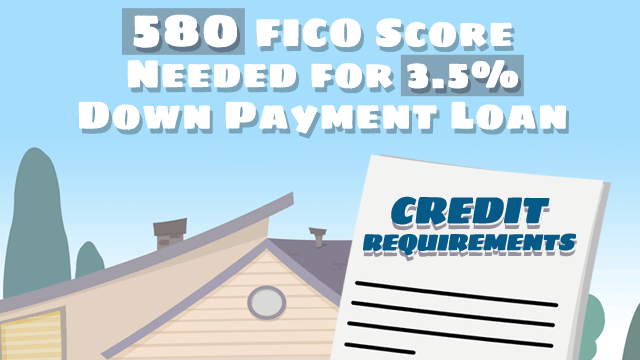Subprime Mortgages vs. FHA Loans
February 27, 2025
Facts and Fiction About Subprime Mortgages
Subprime mortgages are designed for borrowers with less-than-perfect credit histories. This might include past issues like late payments, loan defaults, or bankruptcy.
Lenders classify these borrowers as higher risk because they are statistically more likely to default on their loan. Several factors can lead a lender to offer a subprime mortgage.
Low credit scores, generally below lender-defined thresholds, are a major factor. Another red flag is a history of missed or late payments on other loans.
A high debt-to-income ratio, meaning you owe a lot compared to what you earn, can also contribute. Job loss or significant medical expenses can also negatively impact your creditworthiness and make you appear riskier to a lender.
Interest rates on subprime mortgages are significantly higher than those for conventional, VA, FHA, or USDA loans. Lenders protect themselves against the increased risk they take on by lending to people with weaker credit by charging higher rates.
The higher interest rate translates directly to higher monthly payments and a greater overall cost over the life of the loan. Some subprime loans also come with adjustable interest rates, which means your payments could go up unexpectedly.
Another potential drawback is that some subprime mortgages include prepayment penalties, making it expensive to refinance or sell your home before the loan term is up.
The key is to carefully evaluate all the terms and compare them to every other available option. Don't rush into anything without understanding the full picture.
FHA Loans
The Federal Housing Administration insures FHA loans. These loans are designed to make homeownership more accessible, especially for first-time homebuyers and people with limited financial resources.
One of the biggest advantages of FHA loans is that they generally have more flexible credit and income requirements than conventional loans. If you've been turned down for a conventional loan in the past, or if you're worried about qualifying, an FHA mortgage is worth exploring.
Another benefit is the lower down payment requirement. FHA loans often require a down payment of just 3.5% of the purchase price for borrowers with good credit.
Even those with FICO scores below 580 may still qualify with a 10% down payment, which is often much lower than what conventional loans require. This lower down payment makes homeownership a realistic possibility for people who haven't been able to save a large sum of money.
FHA loans are also more forgiving when it comes to credit scores. While specific requirements vary from lender to lender, you might still qualify for an FHA loan even with a less-than-perfect credit history.
FHA lenders also tend to be more flexible with debt-to-income ratios. They understand that many borrowers, especially younger ones, have significant debt, like student or car loans. So, they may allow for higher debt-to-income ratios than conventional lenders.
This can be a huge help in getting approved. FHA loans can be used to purchase various property types, from single-family homes and townhouses to condos and even manufactured homes.
It's a common misconception that FHA loans are only for low-income borrowers. While they are designed to be more accessible, people across various income levels can qualify. It's also a myth that FHA loans are always the best choice for first-time buyers. It's crucial to compare FHA loans with conventional loans and any other available options to find the best fit for your individual needs and financial situation.
Key Differences
- Subprime: For significant credit challenges, higher risk.
- FHA: Government-backed, flexible requirements, lower down payments.
- Not interchangeable for different financial situations.
Talking to a qualified financial advisor or a reputable mortgage professional is always a good idea. They can help you assess your circumstances and guide you toward the best path to homeownership.

FHA Loan Articles
June 20, 2023Can an FHA loan be approved if there are late or missed payments on the credit report? Navigating through financial challenges, such as escalating costs of living and employment uncertainties, can indeed make it difficult to maintain a perfect financial record.
June 15, 2023When you buy a home with an FHA mortgage, cash for closing costs and your down payment is required. It would be easy to assume you simply give the lender cash in the specified amount and that’s the end of the story.
May 20, 2023Did you know there is an FHA loan option that lets you build a house from the ground up? You can use this mortgage to build on land you own or on land you buy as part of the loan. But you will want to address some issues comparing construction loan options.
May 3, 2023Sometimes when buying a home there may be a question of surplus or excess land. You likely won’t face this issue when buying a condo unit, but for other types of purchases, this may be an important factor in the appraisal process.
April 18, 2023Your lender is required to make sure you can realistically afford your mortgage, and that means verifying that your income is stable, reliable, and will continue after your mortgage has closed. What some don’t realize about this process is that there are standards for verifying income.







